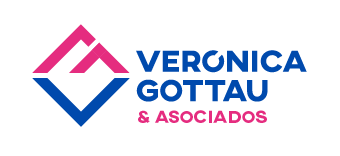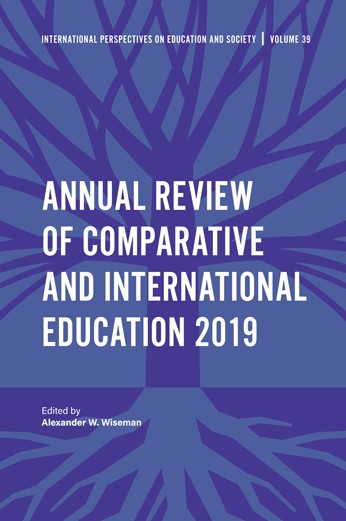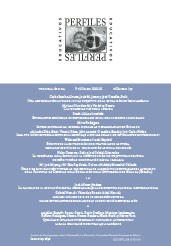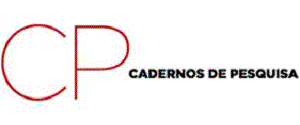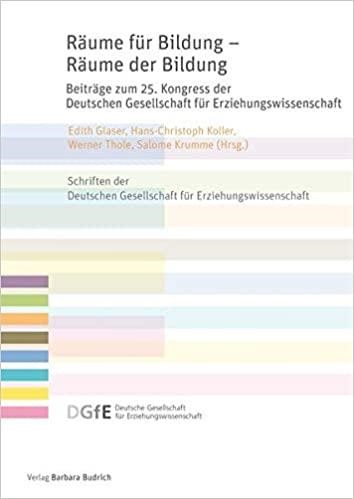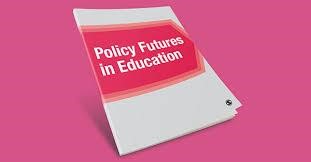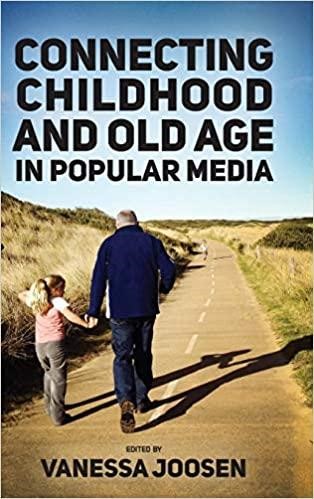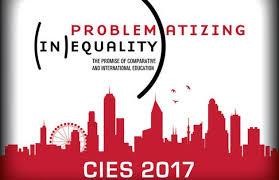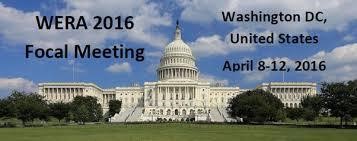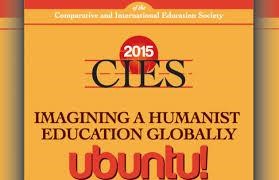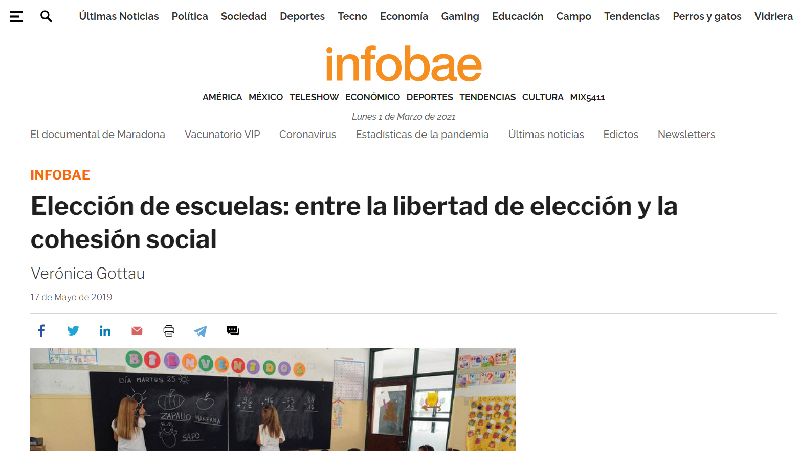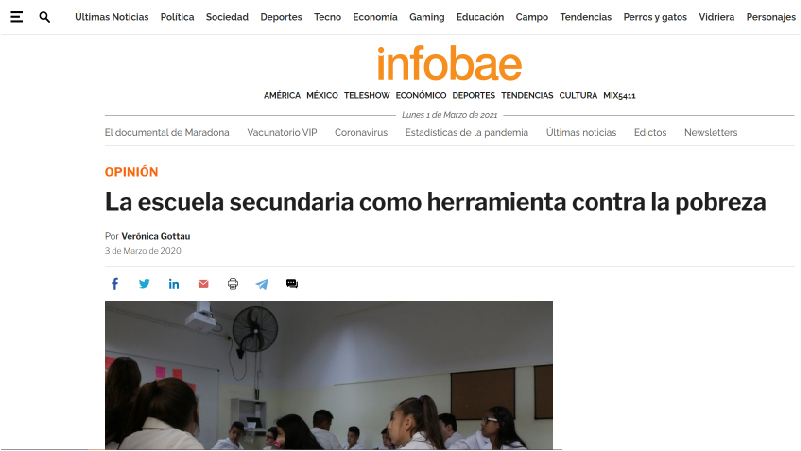School choice
Private School Choice and post-Materialism: What values are at stake?
ABSTRACT
School choice is a global phenomenon with significant variations in terms of conception, design, and viability. In the city of Buenos Aires, State funding to the private sector of education allows for free choice. The purpose of this study is to analyze the values that are at stake in the family process of school choice. I draw on the theory of cultural evolution (Inglehart, 2018) to analyze the interviews. I interviewed 30 parents who live in the city of Buenos Aires and had to choose school for their children. It was possible to infer four categories that condense the materialistic and post-materialistic values: preeminence of materialistic values relative to security and protection; preeminence of materialistic values relative to academic achievement; preeminence of post-materialistic values relative to socialization and preeminence of post-materialistic values relative to political concern.
Gottau, V. (2020), «Private School Choice and Post-Materialism: What Values are at Stake?», Wiseman, A.W. (Ed.) Annual Review of Comparative and International Education 2019 (International Perspectives on Education and Society, Vol. 39), Emerald Publishing Limited, pp. 305-319. https://doi.org/10.1108/S1479-367920200000039024
Against the Grain School Choice
ABSTRACT
In the last thirty years, Argentina has seen a surge in enrolment at private schools; however, many middle-class families with the resources to pay for private education are resisting the majority trend and are remaining at state-run schools. This is a descriptive-correlational study based on information gathered from 30 semi-structured, open interviews with 21 mothers and 9 fathers from middle- and upper-class families with children of school age who, unlike the majority of those of the same social status, are choose[1]ing state schools for their children. The study also attempts to understand the choice of state school and the account that is constructed as part of an identity-building process.
Narodowski, M. & Gottau, V. (2017). Clases medias y escuela pública. La Elección Escolar como Resistencia. Pefiles educativos, 39 (157), 34-51. DOI https://doi.org/10.22201/iisue.24486167e.2017.157
Privatization of education
The growth of private education in Argentina: eight paradigmatic explanations
ABSTRACT
This article provides a review of the academic production that has aimed to analyse the causes of the process of privatization of education in Argentina. It presents eight paradigmatic explanations that summarize the different interpretations and theoretical constructions that have emerged in the last twenty years regarding privatization and identifies their achievements as well as empirical and hermeneutical limitations. The last section offers a structural explanation that draws on some of the elements present in other explanations while re-signifying micro-political processes that, due to their undeniable inter-temporal consistency, demonstrate the existence of a State policy of privatization.
Narodowski, M.; Moschetti, M. & Gottau, V. (2017). El crecimiento de la educación privada en Argentina: ocho explicaciones paradigmáticas. Cadernos de Pesquisa, 164 (47) ,414-441
The Multiple dimensions of the processes of education privatization
ABSTRACT
The educational system of Argentina has undergone a process of decentralization along with a steady growth in private schools’ enrolment. This complex process is usually subsumed under the general concept of ‘privatization’. We have considered it necessary to provide a deeper understanding of the multiple dimensions this process of privatization encompasses. In this article we intend to analyse and reflect upon the transformations of the Argentine educational system and to understand the specific levels and aspects where privatization has taken place. We note that the public and the private sectors seem to have experienced divergent trajectories with compromising effects in terms of equity and social cohesion. We argue that the uneasy coexistence of a deregulated independent private sector and a hyper[1]regulated public sector is the result of a partial and inadequate implementation of a public-private partnership scheme.
Gottau, V. & Moschetti, M.C. (2016). Between Open and Internal Privatization: the Argentine Educational System from 1940 through 2010. Social and Education History 5(2), 112-132. doi:10.17583/hse.2016.2010
Schools’ logics of action
What schools do to determine the profile of the enrolment they try to capture.
ABSTRACT
This work relies on the hypothesis that primary and secondary schools develop strategies to determine the social position of the school in the local area and the profile of the enrolment they try and to capture. We draw in the conceptual framework proposed by Ball & Maroy (2009) and Van Zanten (2009) to analyse the logics of action implemented by 14 non-subsidized schools located in the borough ‘Comuna 13’ in the City of Buenos Aires. The results show that there are four mainstream though not exclusive logics of action: (a) Customized logics of actions: school a la carte; (b) Assembly logics: in the long run schools; (c) Avant-garde logics: cutting edge schools and (d) Worldwide Logics: schools that go global. We conclude that schools are not passive receivers of students or parents’ school choice. They develop strategies and implement different logics of action to position themselves in the local area and determine school enrolment, or more specifically, they profile of the families they aim at. This work sheds some light on the processes of diversification of schools with similar characteristics located in the same neighbourhood.
Gottau, V., & Mayer, L. (2021). En busca del nicho apropiado. Lógicas de acción de las escuelas y el surgimiento de un escenario institucional diversificado. Papers. Revista de Sociologia, 1(1), 1-23.
European Legacy In Argentine Schools
ABSTRACT
This article seeks to analyze the reasons why binational schools house foreign native speakers’ teachers as part of their staff, on the one hand, and on the other, the reasons that make foreign residents in Argentina, work in schools of their own country of origin. We developed a multiple case design to predict similarities or contrasts based on arguments that explain these differences (Yin, 2003) and conducted 15 in-depth interviews with educational agents -teachers and authorities – from binational schools, between 2017 and 2020. The findings show that all foreign agents play a role not only to be understood in terms of the possibility of bringing two cultures closer together, but also to the ways in which agents integrate their professional practices in schools, thus, incorporating exogenous elements to local traditions. However, regarding the “career” teachers, by creating a sense of belonging to an endogroup, some foreign teachers have the power to set the values and identities that crate meaning within the school. This ‘minority though elite’ group of teachers finds a fertile soil in binational schools. One of the main reasons for this is the school ethos, closely in line with cultural diplomacy, and the working conditions that each institution stipulates. Another reason is that this geo-repositioning of teachers’ hierarchy marks some limits to the growth or at least the imagery of growth of the local ones and leaves a disputed but open space for the foreign teaches to land.
We conclude that binational schools tend to legitimate their added value through the hiring of foreign teachers, and foreign teachers find solid ground for a successful career path, granted by their place of birth, and then by the credentials derived from educational paths, that as we show on the article, held several advantages for the development of specific institutional and educational projects.
Mayer & Gottau (en prensa). Convergences and divergences in career paths. Recruiting foreign teachers in Binational Schools in Buenos Aires. En Mary Gutman, Wurud Jausy, Michael Beck and Zvi Bekerman (Eds) (2021)»To be a Minority Teacher in a Foreign Culture» Springer
Educational policy
Immigration and Education: Schools as contested spaces
ABSTRACT
Immigration has been a fundamental trait in the construction of the Argentinian nation throughout its history. However, the profile of immigration has changed substantially since the late twentieth century. In this article we analyse the current situation of immigration in the city of Buenos Aires, and the political and pedagogical tensions that arise in schools from the presence of migrants from neighbouring countries and from Peru. The analysis is based on a review of secondary sources, demographic data, and a series of interviews with immigrant students, teachers and head teachers in three public schools in the city of Buenos Aires.Our argument is that schools in the city of Buenos Aires with a large number of foreign students have become contested spaces in which different political and pedagogic discourses and approaches to address the education of migrants co-exist and compete. Instead of trying to identify certain dominant trends and approaches, we address the complexity, messiness, contradictions and overlapping of competing narratives, imaginaries and political and pedagogical strategies that enter schools through different sources of power and influence. So, even though certain ethnic tensions in schools can be traced back to colonial times, colonial classifications and assimilationist approaches coexist and are sometimes combined with current narratives of respect for diversity and more progressive pedagogies.The article starts with a panorama of migration, ethnicity and education throughout Argentinian history. We then discuss recent changes in demographics and the ways in which new migration trends are having an impact on the educational system of the city of Buenos Aires.
Beech, J. & Gottau, V. (2018). Schools as Contested Spaces: Migration and Education in the City of Buenos Aires. In Räume für Bildung. Beiträge zum 25. Kongress der Deutschen Gesellschaft für Erziehungswissenschaft, 323 – 333.
Quasi-State monopoly: a theoretical approach to understand public-private provision of education.
ABSTRACT
This paper analyses the provision of education in Argentina in systemic terms. Using the concept of quasi-monopoly and the notions of exit, voice and loyalty, we study the logic of organization and distribution of students within the educational system. We support the idea that the provision of private and public education makes a coherent whole, where the State plays an active role. We then evaluate the implications of this configuration on the Argentine system in terms of: (a) freedom of choice; (b) productive efficiency; (c) equity; and (d) social cohesion following Levin’s framework. We describe how the Argentine quasi-State monopoly system works as an important device of scarcity administration, increasing socio-economic segregation through its tendency to push the middle and upper-middle classes into private schooling while granting public schooling for the lowest income sectors. Finally, this article lays the foundation for the use of the quasi-State monopoly notion for the study of other educational systems.
Narodowski, M.; Gottau, V. & Moschetti, M. (2016). Quasi-State monopoly of the education system and socioeconomic segregation in Argentina. Policy Futures in Education, 14(6), 1-14. https://doi.org/10.1177/1478210316645016
In the blink of an eye: the experiment of Charter Schools in Argentina
RESUMEN
In 1999, the Province of San Luis (Argentina) approved the creation of the so-called Escuelas Experimentales Autogestionadas inspired by the US charter schools but with important differences. This article explores the circumstances under which the project was dismantled and abandoned prematurely. The study included a thorough document analysis and interviews with leaders of the project, ex-officials of the Ministry of Education and members of the associations that ran these schools. We found deep incompatibilities between the guiding principles of the project –i.e. democratization, cooperativeness, autonomy and plurality–, the practices of the provincial rentier political system, and the structures and traditional logics of power bureaucratically organized at the national level.
Moschetti, M. & Gottau, V. (2016). De las Rocallosas a los Andes: el experimento de escuelas charter en el contexto político argentino. Educação e Sociedade, 37(134),55-72. https://doi.org/10.1590/ES0101-73302016156075.
Between childhood and old age and the vanishing adult
ABSTRACT
The Simpsons provides a unique case study to explore the connection between childhood and old age in American popular culture. In this chapter, we interpret the intergenerational relationships in The Simpsons, specifically those between grandchildren and grandparents, as an instance of «prefigurativeculture» a concept introduced by Margaret Mead in her classic work Culture and Commitment (1978), where she contrasts it with so-called «postfigurative culture,» where changes are gradual and slow and the oldest people, the elderly, are respected for the knowledge that has been gathered in their own,relatively long life and accumulated through various generations.
Mead argues that , in prefigurative cultures, the monopoly of knowledge no longer lies in the hands of the elderly. Mead raises the expectation that in postfigurative cultures ,the elderly are loved and revered. The old people, as adults who represent accumulated knowledge, are consulted and obeyed. An asymmetry arises that is not necessarily based on domination but rather relies on collective certainty. The young no longer want to be young: it is in adulthood and old age where the most exalted values are to be found. The first years are a phase marked by the perception of lack. Childhood, adolescence and youth are defined by the absence of maturity, knowledge and experience, among 2others; absences that the mere passing of time will solve. The children simply have to wait (and prepare themselves) to become adults. .
In postfigurative cultures, education is understood as intergenerational interchangein broad terms, not only schooling.Emile Durkheim defines education as «the influence exercised by adult generations on those thatare not yet ready for social life. Its object is to develop in the child a certain number of physical, intellectual and moral states which are demanded of him by both the political society as a whole and the special milieu for which he is specifically destined.»(237)As this definition makes clear, intergenerational transmission depends on the conservation of a tradition in which old people are active ambassadorsandthe youngare passive recipients until they grow old and assume the position which theirelders pass down. A problem arises when the asymmetric and lineal modelthat ischaracteristic of postfigurativecultures (including the theoretical educational models based on Durkheim´s definition) is applied to cultural models where violent and constant technological development, ecological changes and/or migrationhave led to a decline of the adult-centered monopoly of knowledge.
Narodowski, M., & Gottau, V. (2018). Grandparents and Grandchildren in The Simpsons. Intergenerational Rupture and Prefigurative Culture. En Joosen, Vanessa (ed). Connecting Childhood and Old Age: An Intermedial Study, 168-184. Jackson, MS: UP of Mississippi.
Conferencies and annual meetings
CIES 2019. San Francisco. School Choice and Postmaterialism. What values are at stake?
CIES 2018. Mexico D.F. “School Choice and School Leadership in Latin America”. Pannel Chair
CIES 2017. Atlanta, Georgia. “The growth of private education in: eight paradigmatic explanations», with Mariano Narodowski and Mauro Moschetti.
WERA 2016. Washington, D.C. “Global Policies, Local Enactment: The Rise and Fall of Charter Schools in San Luis “(Argentina), with Mauro Moschetti.
CIES 2015. Washington D.C. “Education Privatization by Default and Socioeconomic Segregation in the City of Buenos Aires. Challenges for Equity and Social Cohesion», con Martín González Rozada, Mariano Narodowski and Mauro Moschetti.
CIMIE 2015. Valencia, Spain. “Socio-economic Segregation in the Argentine Education System: is social cohesion a xx-century old dream?» with Mariano Narodowski.
CIMIE 2014. Segovia, Spain. “School choice Los que se quedan. Cuasimonopolio estatal del sistema educativo y elección de escuela secundaria pública en Buenos Aires” with Mariano Narodowski.
WERA 2013. Guanajuato, Mexico “Quasi-State Monopoly of the Education System and Socioeconomic Segregation in Argentina”, with Mariano Narodowski and Mauro Moschetti.
